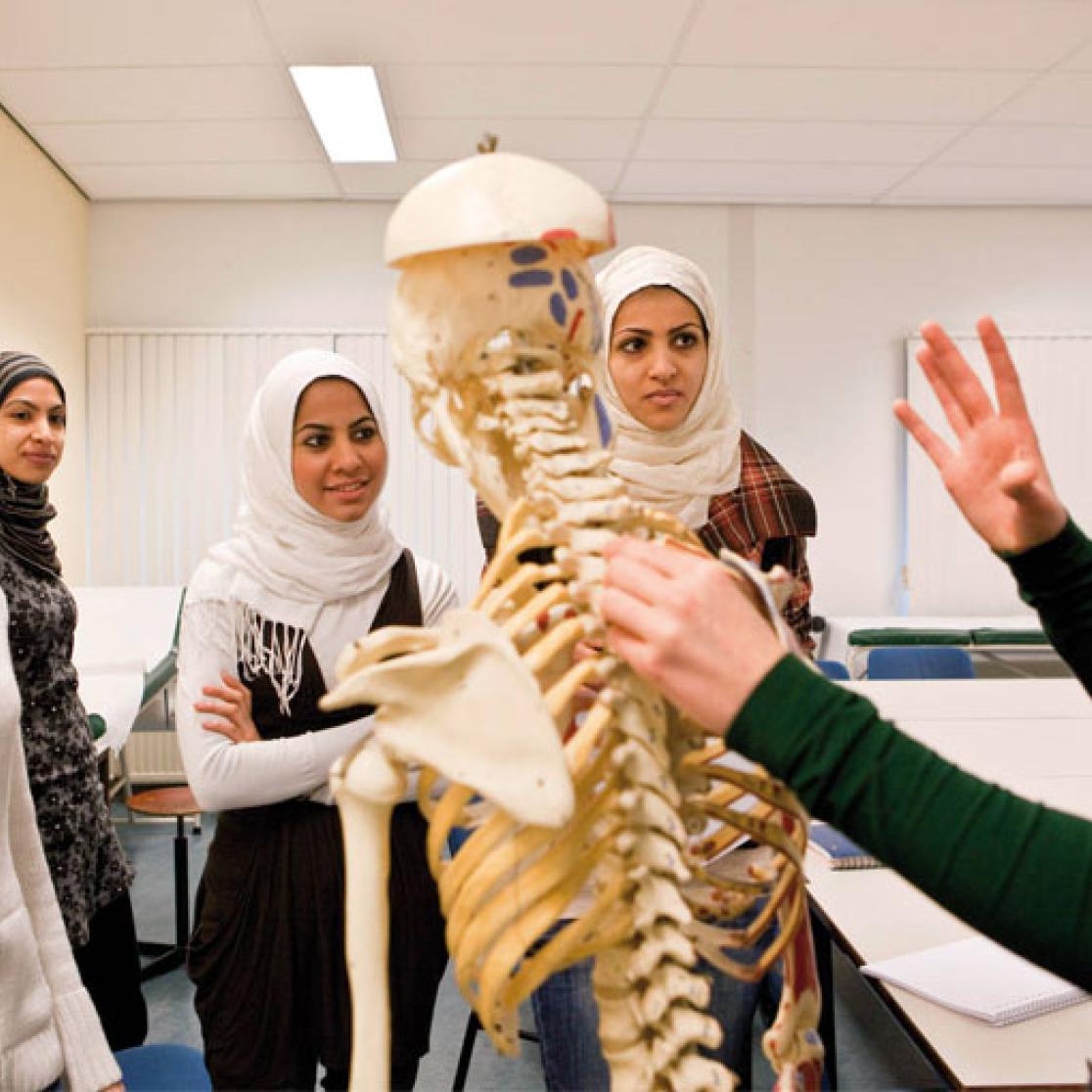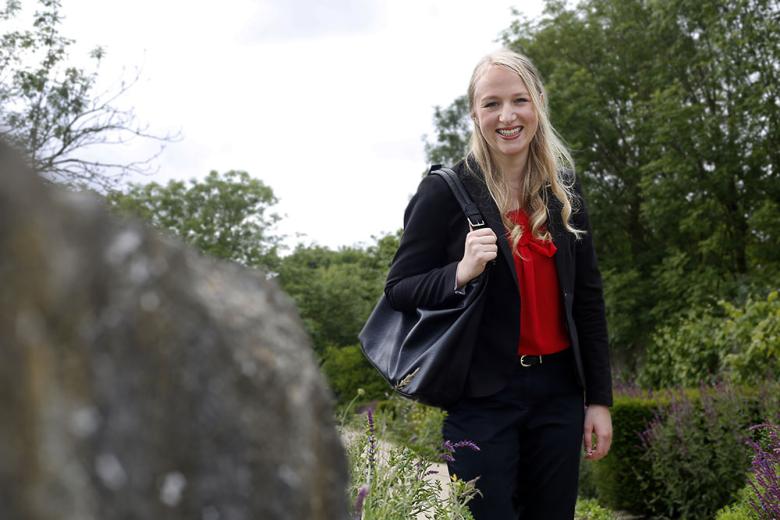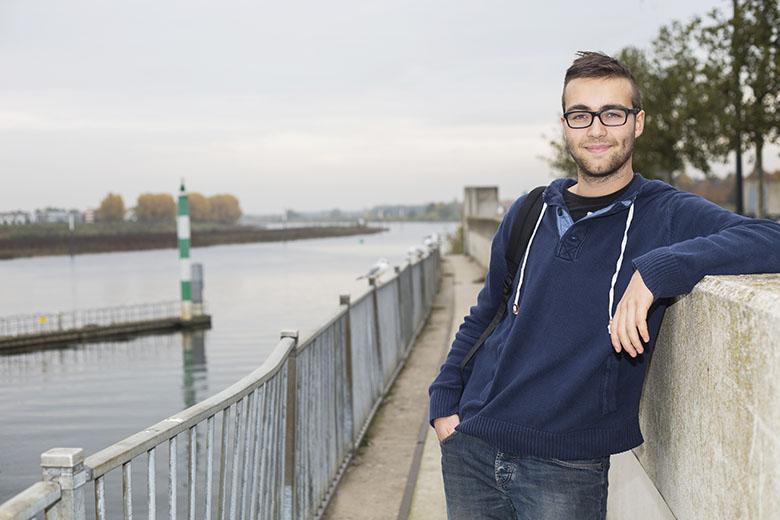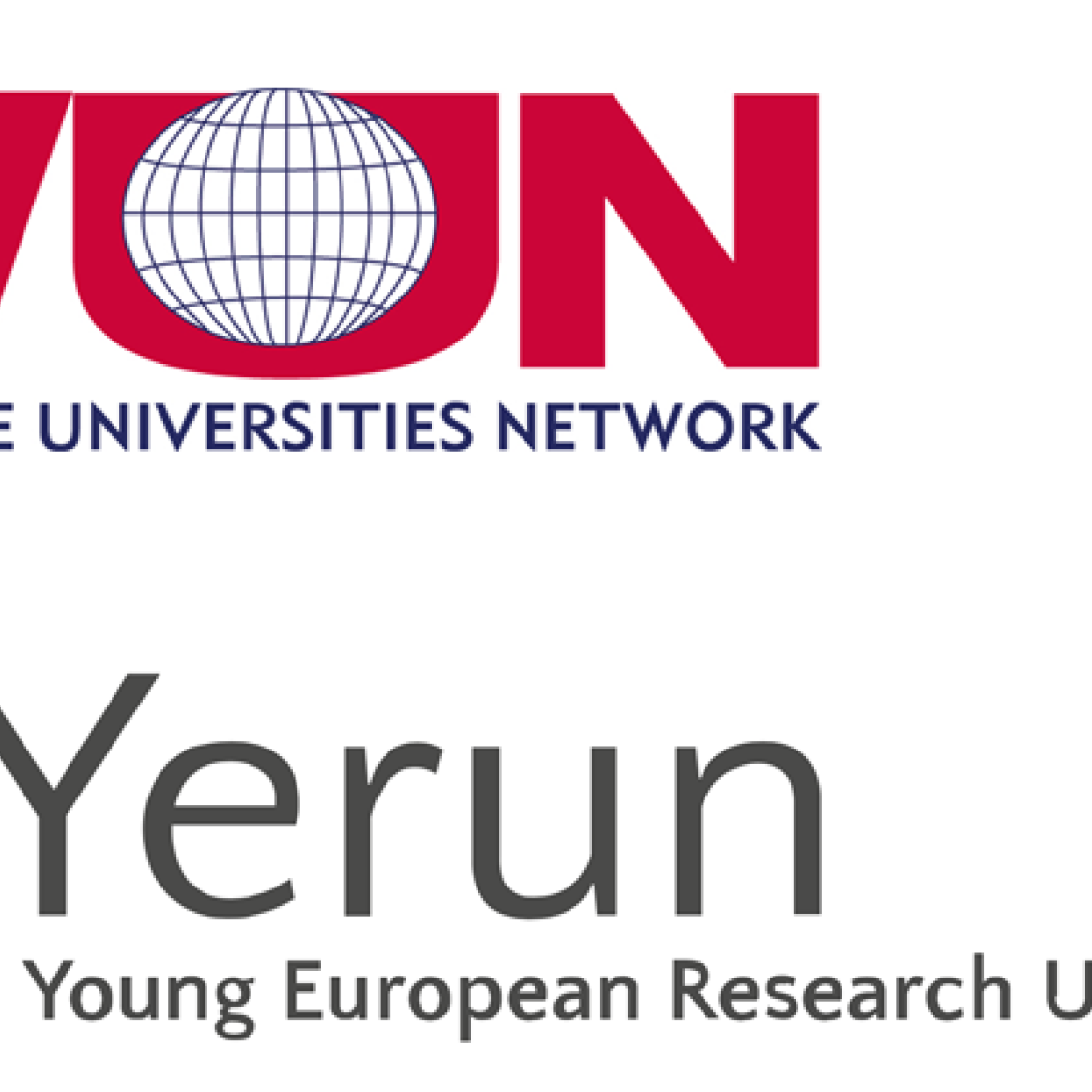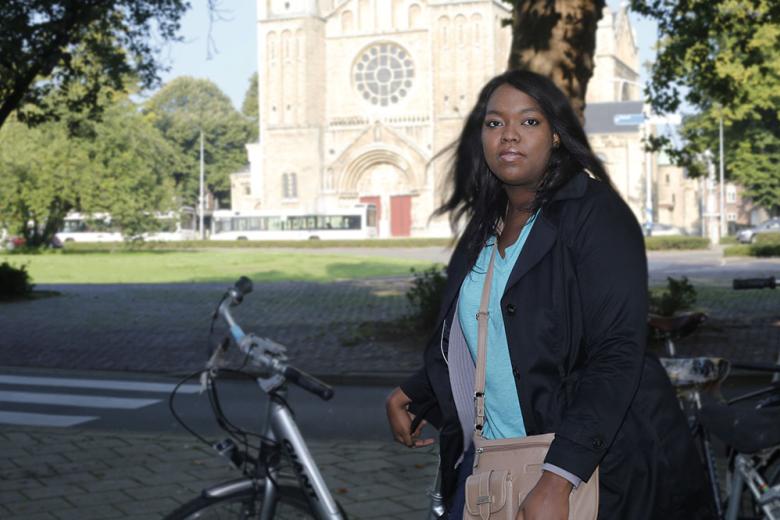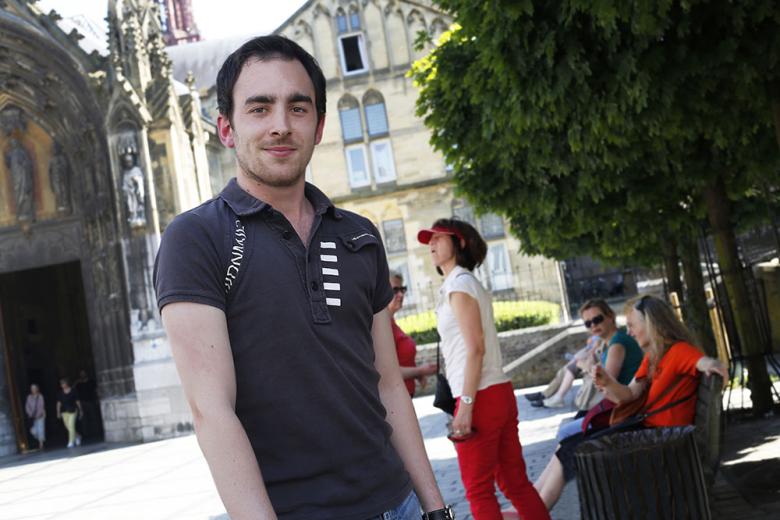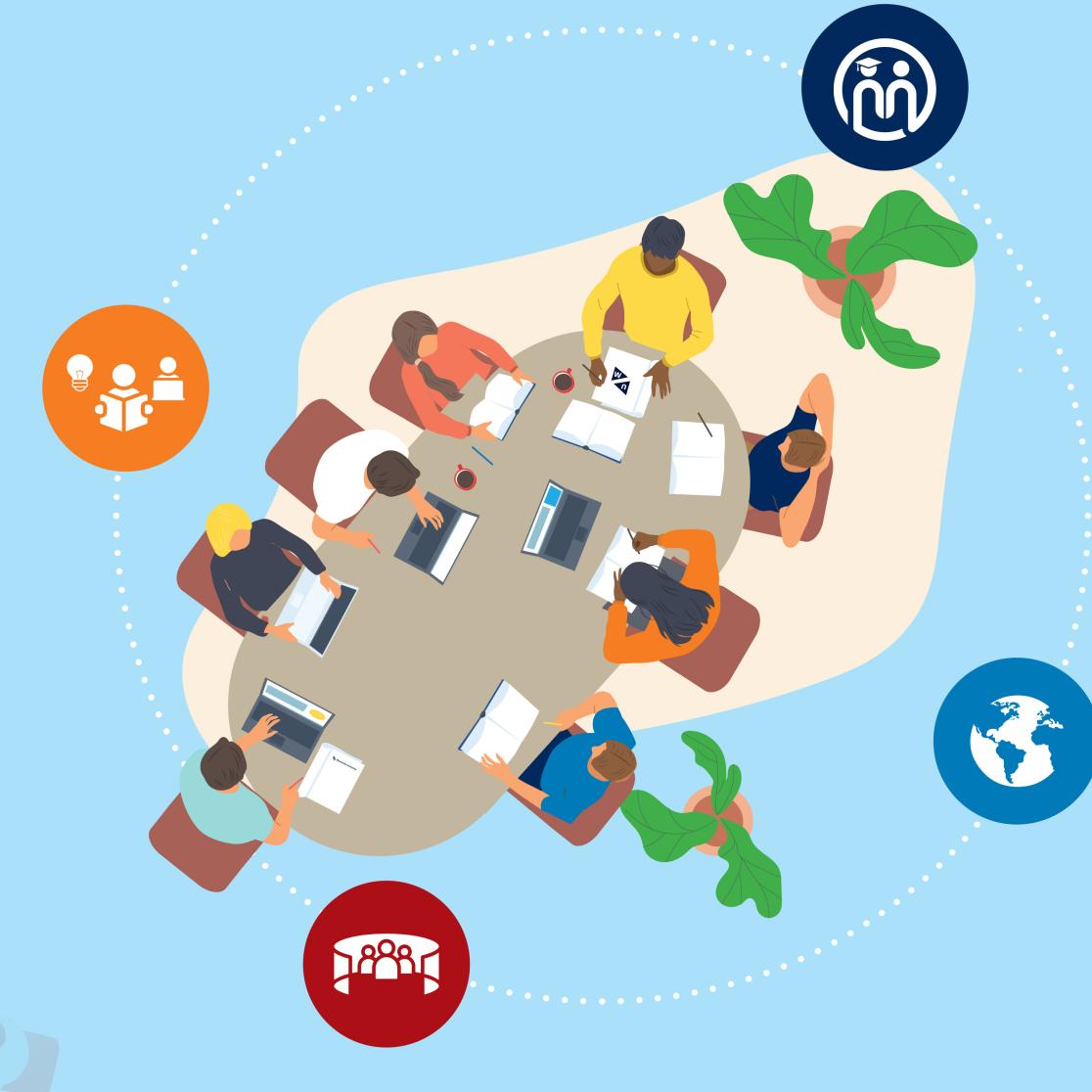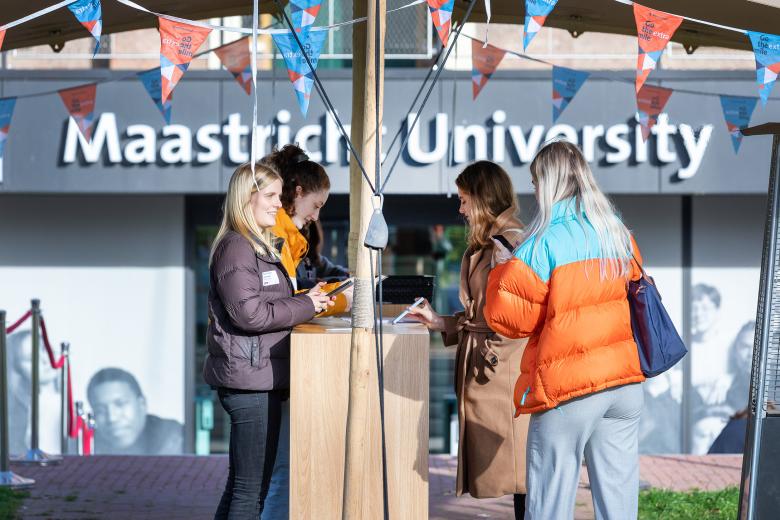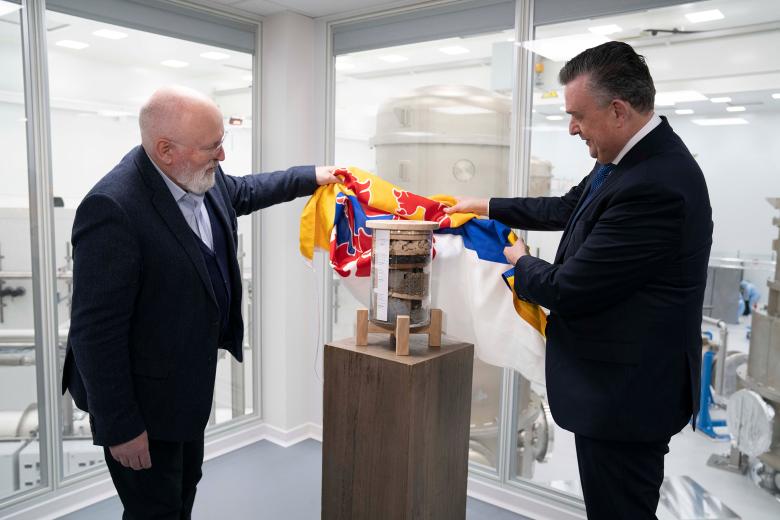32nd Dies Natalis in St. Janskerk
Friday 11 January 2008 15.30 hours
Doctorate Ms. Drs. Mandy Claessens
Faculty of Health, Medicine and Life Sciences
Supervisors:
- prof.dr.ir. W.H.M. Saris
- prof.dr. M.A. van Baak.
Wednesday 16 January 2008 12.00 hours
“Dietary proteins: their effect on insulin and glucagons in relation to body weight management”
Doctorate Ms. Andrea Peeters
Faculty of Health, Medicine en Life Sciences.
Supervisors:
- Prof. Dr. M.H. Prins,
- Prof. Dr. F. Hendrikse;
co-supervisors:
- Dr. J. Schouten;
- Dr. C. Webers.
Wednesday 16 January 2008 14.00 hours
“Primary open-angle glaucoma and ocular hypertension; cost-effectiveness of early detection and treatment”
Glaucoma is an important cause of blindness and it particularly affects the elderly. Ocular hypertension increases the risk of developing glaucoma. Glaucoma is incurable, but lowering the eye pressure inhibits the disease process. Early detection and treatment of patients with ocular hypertension or glaucoma reduces the risk of blindness, but there are costs attached. New medicines produce a better reduction of the eye pressure, but they are also more expensive. This research answers the question about which are the most successful and cost-effective detection and treatment strategies. It is recommended to measure the eye pressure as a routine in all new ophthalmologist patients over the age of forty.
Key words:
glaucoma, detection and treatment strategies
Promotie drs. Patrick F.M. Dammeijer
Faculty of Health, Medicine and Life Sciences
Promotor:
- prof.dr. J.J. Manni
- prof.dr. H. v. Mameren
Co-promotor:
- dr. L.J.C. Anteunis
Donderdag 17 januari 2008 14.00 uur
“The Stapedius Muscle of the Rat; developmental aspects and adaptive properties of stapedius muscle fibre composition”
De musculus stapedius (SM) is het kleinste dwarsgestreepte spiertje in zoogdieren. Het bevindt zich in het middenoor, waar het onder andere binnenoorbeschadiging door lawaai voorkomt.
Om de functie van de SM nog beter te begrijpen is de spiervezeltype samenstelling van de SM van de rat geanalyseerd. Hieruit blijkt onder andere dat de SM na de geboorte eerder een volwassen spiervezeltype samenstelling heeft dan bijvoorbeeld ademhalingsspieren. Dat laatste lijkt de functionele relevantie van de SM te benadrukken. Uit een proef met blootstelling aan veel of juist weinig geluid, blijkt dat de SM een bepaalde mate van dagelijkse activiteit, uitgelokt door extern omgevingsgeluid, nodig heeft om zijn normale spiervezeltype samenstelling te behouden.
De resultaten bevestigen daarnaast de hypothese dat de SM een belangrijke rol heeft bij waarnemen van hoog frequente signalen door het dempen van laag frequent achtergrondgeluid, en ook actief is in een omgeving zonder lawaai.
Doctorate Drs. Roy P.M.M. Hoevenaars
Faculty of Economics and Business Administration.
Supervisors:
- prof.dr. F.C. Palm
- prof.dr. P. Schotman
- prof.dr. T.B.M. Steenkamp, VUA
Vrijdag 18 januari 2008 10.00 uur
“Strategic Asset Allocation & Asset Liability Management”
A new era of pension fund investments has started. On behalf of many people institutional asset managers all over the world invest billions of euros for their pension. This dissertation studies important subjects for such long-term investors, such as the determination of the investment mix, horizon effects in investment risks, the differences between pension fund investors and ‘regular’ long-term investors, and the added value of alternative investments such as commodities and hedge funds. Moreover, the dissertation provides insight in the relations between different generations in the pension contract. The dissertation ends with 10 lessons for long-term investors and asset liability management (ALM, the integral management of the assets and the liabilities on the balance sheet of an institution).
Doctorate Ms. Drs. Angelique A. Timmerman
Faculty of Health, Medicine and Life Sciences.
Supervisor:
- prof.dr. J.J. Manni
Co-supervisors:
- dr. L.J.C. Anteunis
- dr. C.M.G. Meesters
Vrijdag 18 januari 2008 12.00 uur
“How to describe the functional health status of children with otitis media”
There is no unanimity about the effects of a chronic middle ear infection (OME) on the development of children. A clinical approach tailored to the individual child necessitates questionnaires filled in by the parents to adequately measure the seriousness and the duration of the hearing loss as well as the effects on the daily functioning of the child. Examples are: physical symptoms, development effects, burden for child and family and the health-related quality of life. This research shows that children who suffered from OME for a long time at an early age (0-3 years) have reduced attention for spoken language in school situations at a later stage (3-7 years).
The main conclusion of the research is that repeated measures with disease and age specific questionnaires are necessary to determine the effects of OME, given the involved mild and often fluctuating hearing loss.
Key words:
middle ear infection, quality of life
Doctorate Ms. Drs. Corine S. Noordhoff
Faculteit der Economische Wetenschappen & Bedrijfskunde.
Promotor:
- prof.dr.ir. B.C.G. Dellaert, EUR
co-promotores:
- dr. K. Kyriakopoulos, Athene
- dr. P. Pauwels
Friday 18 January 2008 14.00 hours
“Marketing Knowledge and Competencies in Co-creation Relationships”
More and more companies develop new products in close cooperation with their suppliers, hoping to become more innovative than their competitors. The question is how to set up the relation in order to learn as much as possible from the cooperation partner. This dissertation shows how essential a good match is between the knowledge of both companies. The ‘opposites attract’ principle must be avoided because a too big difference in knowledge can lead to a lack of understanding between the companies. At the same time such a close knowledge relation has to be intensively managed. Besides advantages (a product tailored to the customer and new knowledge) there are namely also disadvantages (partners that grow totally close to each other and therefore recognize few innovation opportunities or learn little from each other).
Key words:
relation, knowledge development
Inaugural lecture of Prof. Mr. Hans Nelen,
Appointed as Professor of Criminology at the Faculty of Law.
Friday 18 January 2008 16.30 hours
“Evidence maze; het doolhof van het evaluatieonderzoek”. (“Evidence maze, the maze of evaluation research”)
Doctorate Ms. Drs. Jantine D. Slinger
Faculty of Health, Medicine and Life Sciences.
Supervisor:
- Prof. Dr. H. Kuipers;
Co-supervisor:
- Dr. E. van Breda.
Friday 25 January 2008 12.00 hours
“Fits kids, healthy kids ?!"
Overweight occurs increasingly more often, also in young people. Type 2 diabetes is one of the health problems that are known to be connected with overweight. Insulin resistance is a preliminary stage of diabetes that is more and more often diagnosed in young people. This dissertation shows that physical fitness in young people, via the body composition (the amount of fat and fat free mass) is indirectly linked to insolence resistance. Moreover, it was established that a relatively simple exercise and food programme can not only improve the body composition of the target group, but also the insulin sensitivity. Since young people appear to be less fit than they used to be, the conclusion is that it is important in the fight against overweight and diabetes in young people to give more attention to physical activities.
Key words
overweight, insulin resistance, fitness, young people
Doctorate Drs. Roelf J.C. Norg
Faculty of Health, Medicine and Life Sciences
Supervisors:
- prof.dr. J.A. Knottnerus
- prof.dr. C.P. v. Schayck;
co-supervisor:
- dr. P. Portegeijs
Friday 25 January 2008 14.00 hours
“A general practitioner’s approach to lower urinary tract symptoms”
Inaugural lecture of Prof. Dr. Mariëlle G. Heijltjes
Appointed as Professor of Managerial Behaviour at the Faculty of Economics and Business Administration.
Friday 25 January 2008 16.30 hours
“Managerial Behavior: een kwestie van moed” (“Managerial Behaviour: a matter of courage”)
Doctorate Mr. Lennard P.L. Gilissen
Faculty of Health, Medicine and Life Sciences.
Supervisor:
- prof.dr. R.W. Stockbrügger
co-supervisors:
- Dr. L. Engels,
- dr. P. Hooymans, Maaslandziekenhuis, Sittard.
Wednesday 30 January 2008 12.00 hours
Patients with Crohn’s disease and colitis ulcerosa are often prescribed thiopurines (azathioprine, 6-mercaptopurine, 6 thioguanine) for maintenance treatment. This dissertation describes a research into the use of measuring their degradation products. With the degradation of thiopurines 6 TGN originate that can realize the therapeutic effect, but can also cause damaging side-effects, and 6 MMPR metabolites that are harmful for the liver. Measurement of the 6-TGN levels after one and four weeks of treatment provides important information. Moreover, 16 to 40% of the patients appear to be non-compliant. Eighty percent of the patients who are oversensitive to azathioprine/6 mercaptopurine do tolerate 6-thioguanine. By using lower 6 thioguanine doses, with lower 6 TGN levels, fewer side-effects are registered compared to earlier studies. Therefore, the measurement of degradation products increases the effectiveness and safety of thiopurines.
Doctorate Ms. Drs. Pascalle M.A. van Bilsen
Faculty of Health, Medicine and Life Sciences
Supervisor:
- prof.dr. J.P.H. Hamers;
- prof.dr. W. Groot;
- Prof.dr. C. Spreeuwenberg.
Thursday 31 January 2008 12.00 hours
“Care for the elderly; an exploration of perceived needs, demands and service use”
The needs of the elderly for care and support were studied to improve demand-oriented care. The needs for care appear to result from more universal needs such as autonomy, and they are influenced by the availability of resources (among others informal care, living situation). Moreover, waiting lists for care in nursing homes appear to be no reliable reflection of the needs for this type of care; elderly people wish to live independently as long as possible, even when professional help is needed. To advance this, the extra welfare services in the districts for elderly with a nursing home indication. The use of this welfare proves moderate. This raises questions with regard to the nature and accessibility of these welfare services. Based on the results, a model was developed that can be used to better adapt the offer of care and provisions to the needs of the elderly.
Key words:
Key words: elderly, demand-oriented care
Doctorate Drs. Ruud van Winkel
Faculty of Health, Medicine en Life Sciences.
Supervisors:
- prof.dr. J. van Os;
- prof.dr. J. Peuskens,KU Leuven;
co-supervisor:
- dr. I. Myin-Germeys.
Thursday 31 January 2008 14.00 hours
“Evaluation of candidate endophenotypes for Schizophrenia”
Van Winkel studied the possible risk factors for people with schizophrenia, namely cognitive problems, stress sensitivity and metabolic disorders. Shown was that genetic variation in the COMT gene is involved in the stress sensitivity of this group and that metabolic disorders such as overweight and diabetes occur regularly. Within three weeks after the start-up of new antipsychotic 4.4 % developed diabetes. Via the regular guidelines, more than half of the diabetes cases in this group was not traced. With an alternative strategy, over 95% of the cases could be detected. Another finding is that in this group the IQ, a global measure for cognition, had not deteriorated ten years after the first signs.
Key words:
schizophrenia, risk factors
Doctorate Ms. Drs. Daniëlle C.M. Willems
Faculty of Health, Medicine en Life Sciences.
Supervisors:
- prof.dr. J.L. Severens;
- prof.dr. E.F.M. Wouters;
co-supervisors:
- Dr. M.A. Joore;
- dr. J.J.E. Hendriks.
Donderdag 31 januari 2008 16.00 uur
“Nurse-led telemonitoring in asthma; process, outcomes, and cost-effectiveness”
Telemonitoring is a new phenomenon in the field of asthma care: patients measure their lung function with a spirometer and immediately send off these data via a modem. This allows the nurse to check the patient’s lung function from a distance and to possible intervene. This telemonitoring programme was carried out for a year by policlinic asthma patients in the azM. The quality of life, complaints, use of care and satisfaction were examined. The patient satisfaction was high and the practicability was good. However, the programme costs were high and the patients continued to use other types of care. Therefore, the programme was not cost-cutting in this patient group with mild complaints.
Key words:
Key words: asthma, telemonitoring, nurse
